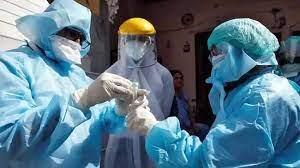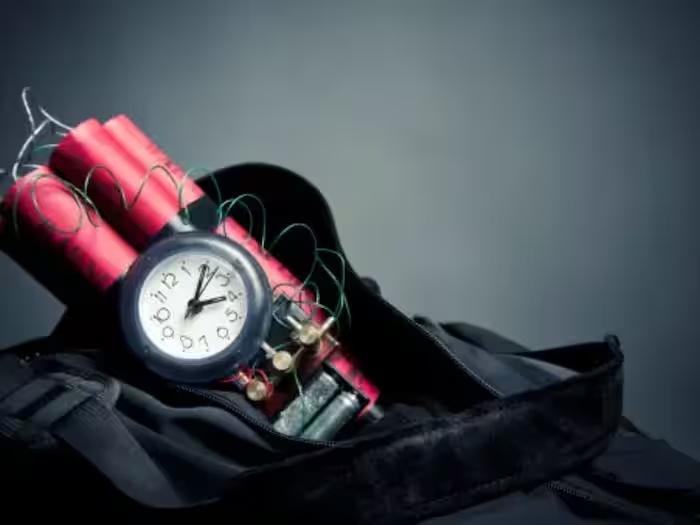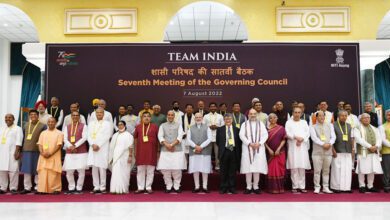Kozhikode, Kerala’s educational institutions will be closed due to the nipah virus till September 24
According to a report by India Today, the state administration has extended the Kozhikode district’s school and college breaks to September 24 due to the increase in Nipah virus infections in Kerala.

The statement came following Friday’s confirmation of one additional Nipah virus case, bringing the total number of cases to six. Due to the virus in the most recent epidemic, two persons died.
Earlier, due to the virus’s increasing incidence, Kozhikode area Collector A Geetha ordered that all educational institutions in the area be closed on Thursday and Friday. The official had said in a Facebook post that schools might set up online courses for pupils during the epidemic.
According to ICMR DG Rajeev Bahl on Friday, India has contacted Australia to purchase 20 additional doses of monoclonal antibodies for the treatment of Nipah virus patients.
In 2018, we received a few doses of monoclonal antibodies from Australia. Only 10 patients can now get the dosages, according to Bahl, who added that 14 patients who were afflicted with the Nipah virus outside of India had received monoclonal antibodies and have all recovered.
Following Kerala’s sixth incidence of the virus being disclosed, the state government increased its security. After the viral breakout in Kozhikode, a 24-hour control center is being established up in the neighboring district of Wayanad.
The virus strain discovered in the state was the Bangladesh form, which is less contagious but travels from person to person and has a high fatality rate.
There are already 1,080 persons on the contact list for verified Nipah patients, and 130 more were added on Friday. 327 of these are healthcare professionals.
To assess the situation and support the state government in managing the Nipah infection, a five-person central team made up of specialists from the National Center for Disease Control, RML Hospital, and NIMHANS has been stationed in Kerala.
The viral infection has already been identified in the state four times. In Kozhikode, it was found in 2018 and 2021, while in Ernakulam, it was found in 2019.







